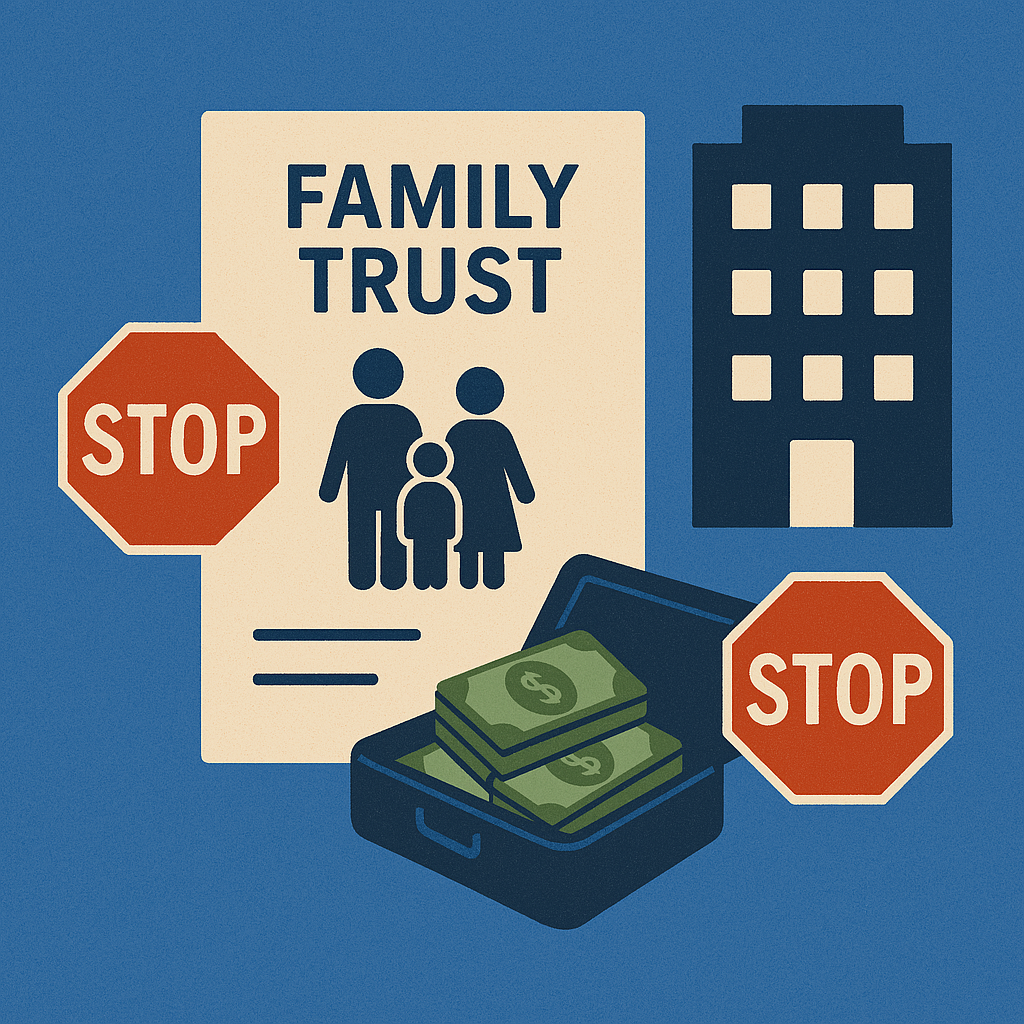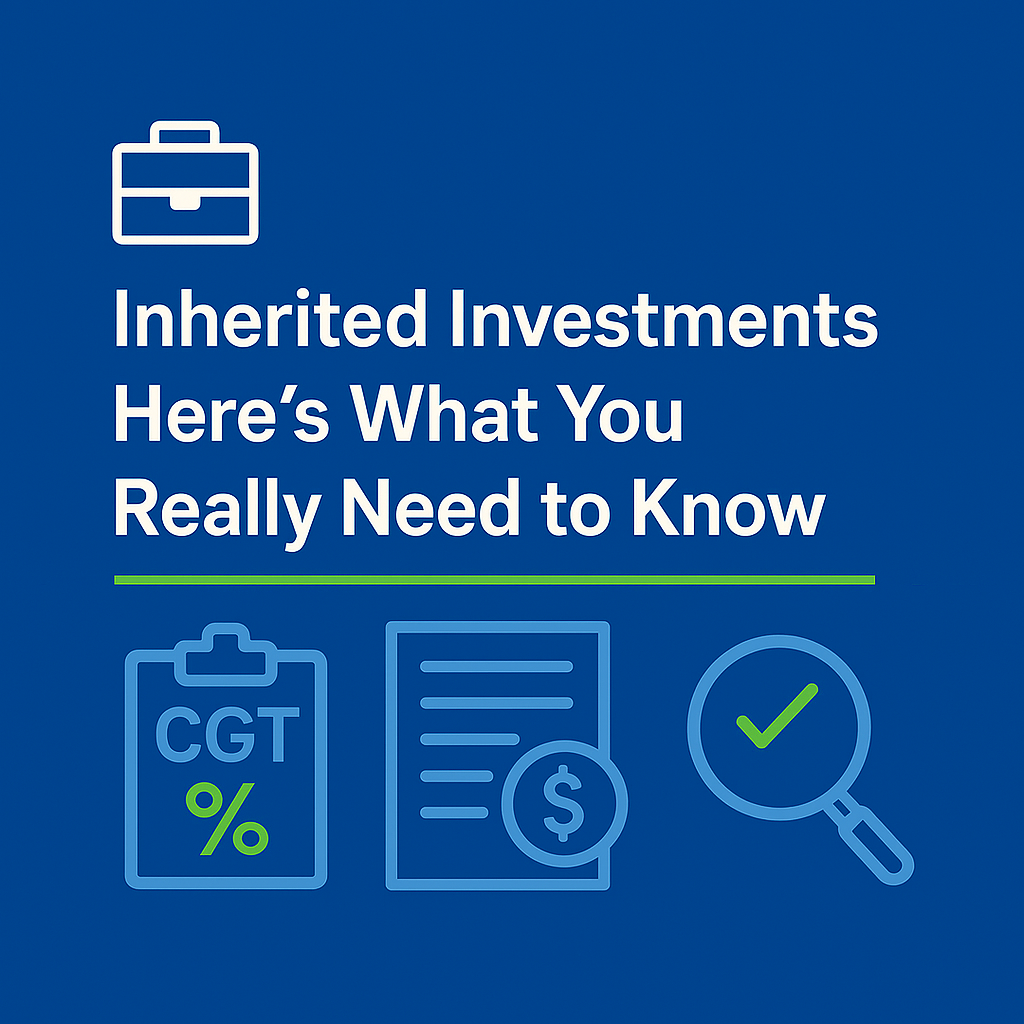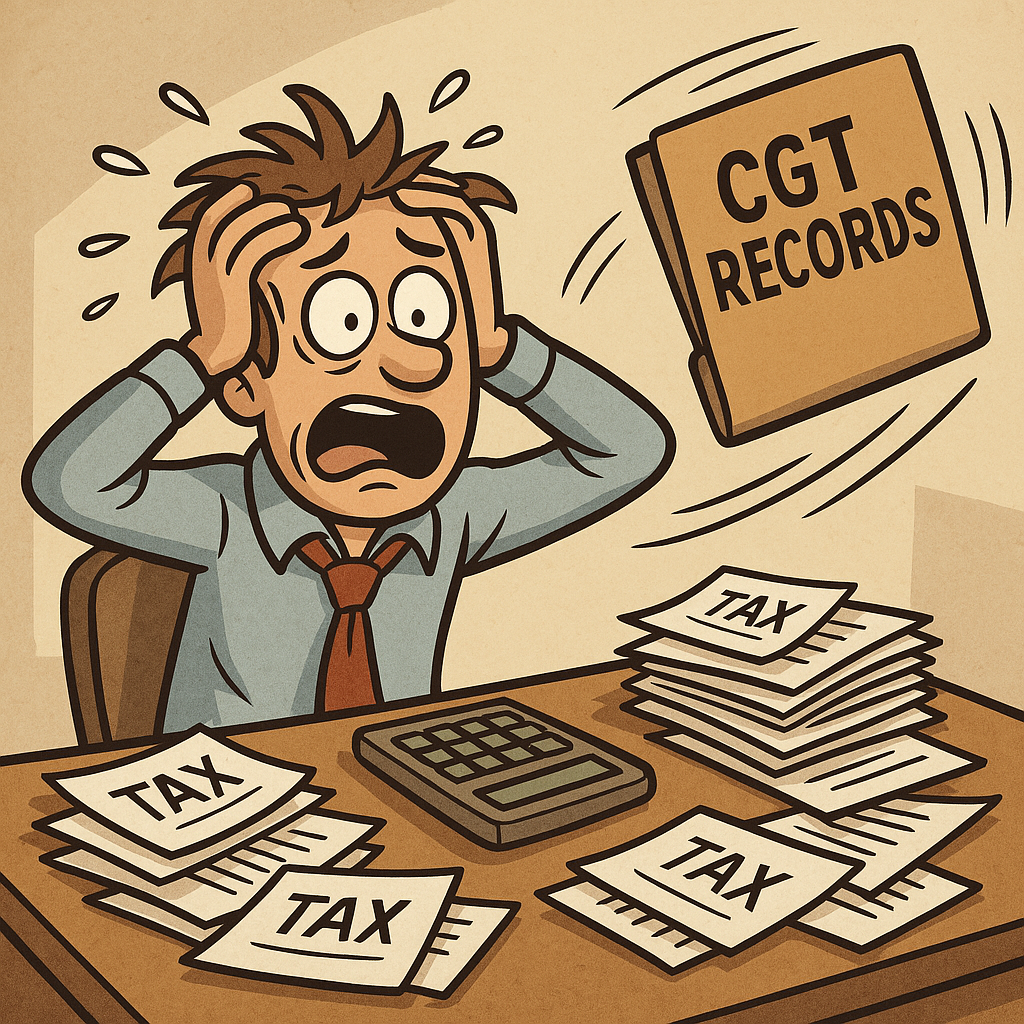Damage or destruction of a rental property
What happens if your property is damaged from the results of a natural disaster, or by tenants? Such a situation can affect the types of expenses you claim and the income you need to declare for your rental property.
Declaring income
If you receive a payout for damage to your rental property as a result of a disaster, you may need to include this amount as income on your tax return. This includes:
- insurance payout for loss of rental income
- insurance payout for repairs
- insurance payout for replacements (even if they are capital assets
- money received from a relief fund.
Note however that money provided for immediate or urgent repairs may be exempt. If you receive a one-off payment as assistance from a charity or community group or even from a government arm, these are generally tax-free, as well as gifts from friends and/or family.
If your rental property is damaged or destroyed by a natural disaster, you may still be able to claim deductions for holding costs of the vacant land. Where you rented it out, or it was available for rent prior to the natural disaster, taxpayers can generally claim a deduction under the “exceptional circumstances” exemption. If the exemption applies to your circumstances, you can continue to claim deductions for three years from when the disaster occurred. This period can be extended if required by applying to the ATO.
Claiming deductions for repairs
Generally, repairs must relate directly to wear and tear or other damage that occurred as a result of you renting out the property. Examples of repairs include but are not limited to:
- replacing broken windows
- replacing part of a fence damaged by a bushfire
- replacing the plaster board in a wall damaged by flood inundation
- repairing electrical appliances or machinery.
Substantial changes, including improvement, modernisation, making additions or the replacement of an entire structure is not considered to be a repair.
Deduction for unoccupied property repairs
The ATO has used an example before of a rental property that was tenanted when it was severely damaged by a cyclone. Due to the damage, the tenants had to move out. The owner carried out repairs and then advertised the property for rent. Even though the property was not available for rent while being repaired, the owner was able to claim his repairs.
Capital expenditure which may be claimable over time
Capital allowances:
For each asset where you may claim a deduction for decline in value (depreciation) you can choose to use either the effective life the ATO has determined for such assets or your own reasonable estimate of its effective life (although where you estimate an asset’s effective life, you must keep records to show how you worked it out).
Depreciating assets:
Depreciable assets are those items that can be described as “plant”, which do not form part of the premises. They are usually not part of the main structure, and not likely to be permanent and expected to be replaced within a relatively short period.
Examples of depreciable assets include carpets, curtains, appliances (such as a dishwasher or fridge), and furniture. If you replace a depreciating asset costing up to $300 you can generally claim an immediate deduction. Note that a deduction is only available for new assets, and not for second-hand assets.
Capital works:
Capital works is used to describe certain kinds of construction expenditure used to produce income. Examples include but are not limited to:
- building construction costs
- cost of altering a building
- major renovations to a room
- adding a fence.
The rate of deduction for these expenses is 2.5% per year for 40 years following the completion of the construction.
Capital gains tax implications
If an insurance payout is made on a dwelling that is not your main residence (eg a holiday home or rental property), it may need to be taken into account for capital gains tax purposes.
If you rebuild or replace your property, you may be entitled to roll over any capital gain you make. For the rollover to apply you must have incurred some of the expenditure to acquire another property within one year after the end of the income year in which the property was damaged or destroyed.
Where your property is destroyed and you do not rebuild, you will need to calculate your capital gain or loss. Any insurance payout received will be counted as capital proceeds when calculating your gain or loss. However, where you don’t receive any payouts the market value substitution rule does not apply and generally you can claim a capital loss.
Otherwise, a capital gain will arise if the insurance payout is more that the asset’s cost base. A capital loss will arise if the insurance payout is less that the asset’s reduced cost base. Note that calculating the cost base of a destroyed building on land can be complex. Where you have this situation, please call us to discuss.





Liability limited by a scheme approved under Professional Standards Legislation






